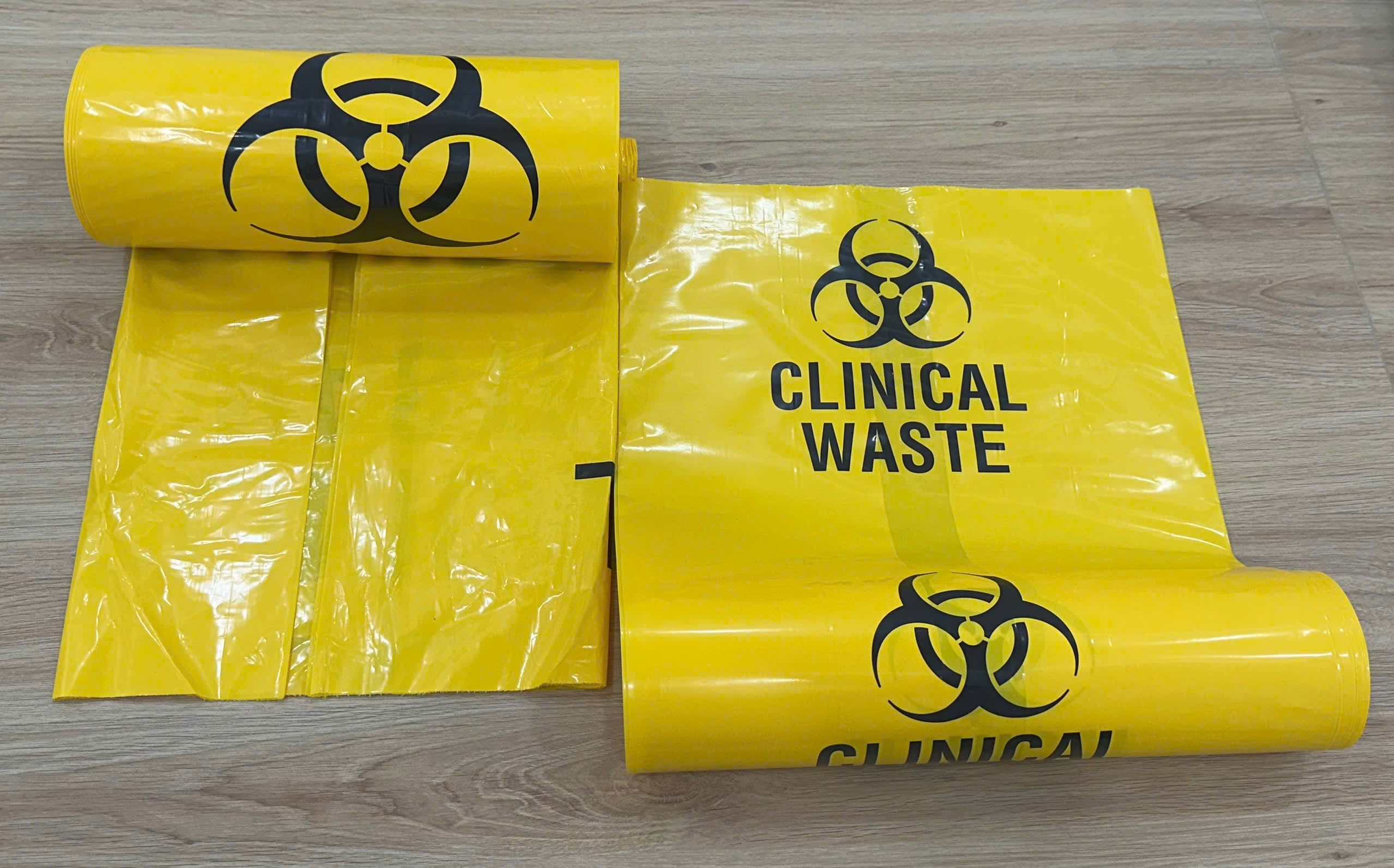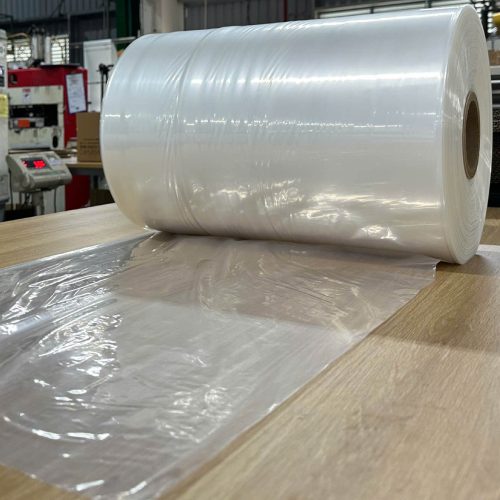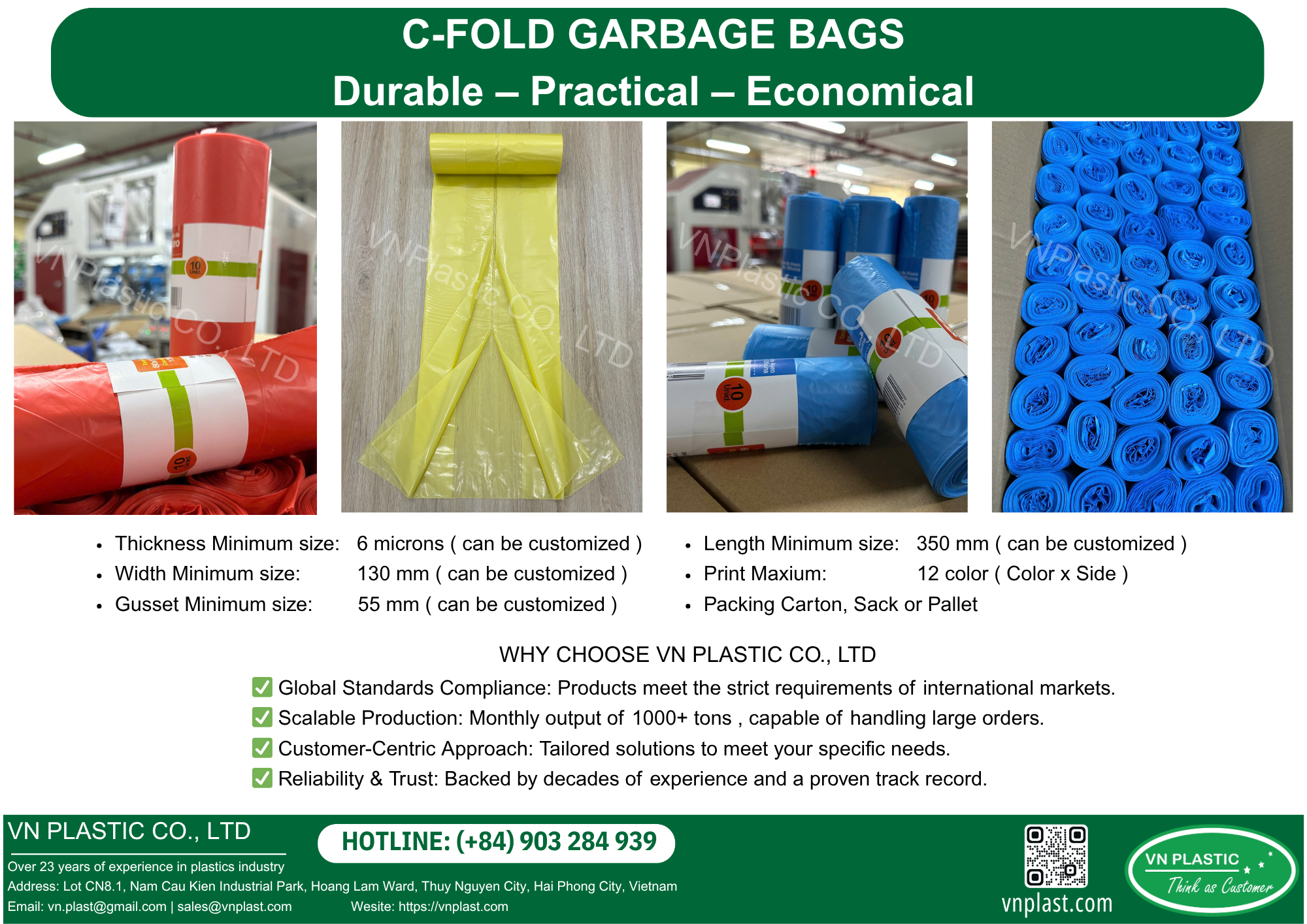Plastic bags are used by everybody, from grocery shoppers to online retailers. They have become an integral part of daily life, providing convenience and versatility in countless situations.
Plastic Bags Are Used by Everybody?

Plastic bags are widely utilized across diverse sectors and demographics. Understanding who uses them helps highlight their ubiquity in modern society.
Consumers in Retail Settings
In retail environments, plastic bags serve as a convenient means for customers to carry their purchases. From grocery stores to clothing outlets, these bags are often offered at checkout points.
- Convenience of Use: Shoppers appreciate the lightweight nature of plastic bags, making them easy to handle and transport.
- Cost-Effective Solution: Retailers often provide plastic bags for free or at a minimal cost, making them an attractive option for consumers looking to save money.
Given their accessibility, it’s no wonder that plastic bags are a common choice for buyers today.
Food Service Industry
Restaurants and food service establishments also play a significant role in the usage of plastic bags. These bags are frequently employed for takeout orders, allowing customers to conveniently transport food items home.
- Hygiene Considerations: The single-use nature of plastic bags ensures that food is delivered safely and without contamination.
- Branding Opportunities: Many restaurants use plastic bags emblazoned with their logo, enhancing brand visibility during transportation.
This industry’s reliance on plastic bags showcases their functional benefits while highlighting the cultural norms surrounding takeout dining.
Online Retail Sector
With the rise of e-commerce, plastic bags have found their way into shipping practices, allowing companies to reach customers nationwide or even globally.
- Efficient Packaging: Plastic bags can be easily molded to fit various shapes and sizes of products, optimizing space and reducing shipping costs.
- Protective Qualities: Unlike cardboard boxes, plastic bags can offer protection against moisture and elements, ensuring that items arrive in pristine condition.
The popularity of online shopping has significantly bolstered the demand for plastic bags, demonstrating their adaptability to different business models.
How Are They Used?

Understanding the varied applications of plastic bags provides insights into why they are so widespread.
Everyday Shopping Activities
From groceries to household supplies, they are integral to our shopping experiences.
- Grocery Shopping: Customers typically rely on them to carry fruits, vegetables, and other supermarket items, ensuring ease of transport.
- Retail Purchases: Many retail stores use plastic bags for a quick and efficient checkout experience, allowing customers to leave the store swiftly after purchase.
These day-to-day activities showcase how ingrained plastic bags have become in consumer behavior.
Home and Garden Applications
Plastic bags find utility beyond shopping trips; they are also commonly used in various home and garden applications.
- Storage Solutions: People often use plastic bags to organize small items or seasonal clothing, maximizing space and minimizing clutter.
- Waste Management: Many households utilize plastic bags for trash disposal, recycling, or composting, highlighting their multifunctional capacity.
Their versatility makes plastic bags a go-to solution for many practical needs around the home.
Travel and Outdoor Activities
Travelers and outdoor enthusiasts frequently utilize plastic bags for a range of purposes.
- Packing Convenience: When packing for trips, travelers use them to separate clothing, toiletries, and snacks, keeping everything organized and accessible.
- Weather Protection: Outdoor enthusiasts may employ plastic bags to shield essential items from rain or moisture, ensuring that gear remains functional.
These applications demonstrate how plastic bags enhance efficiency and support various lifestyles.
Pros and Cons of Using Plastic Bags
Every advantage has its disadvantage, and plastic bags are no exception. Analyzing both sides allows consumers to make informed decisions about their usage.
Advantages of Plastic Bags
Plastic bags offer numerous advantages that contribute to their widespread use.
- Lightweight and Compact: They are lightweight, making them easy to carry around, which adds to their appeal for everyday tasks.
- Durability: With proper handling, plastic bags can carry relatively heavy loads without tearing or breaking, offering reliability for multiple uses.
- Cost Efficiency: The low production costs of plastic bags translate to savings for both consumers and businesses.
These advantages clarify why plastic bags remain a staple in our lives.
Disadvantages of Plastic Bags
Despite their benefits, there are notable drawbacks associated with plastic bag usage.
- Environmental Impact: Single-use plastic bags contribute significantly to landfill waste and ocean pollution, posing serious threats to wildlife.
- Non-Biodegradable Nature: Plastic bags take hundreds of years to decompose, leading to long-term environmental consequences.
- Resource-Intensive Production: The manufacturing process requires a considerable amount of fossil fuels, raising concerns regarding sustainability.
These disadvantages raise critical questions about the future of plastic bags in light of environmental challenges.
Alternatives to Plastic Bags
As awareness grows around the downsides of plastic bags, many consumers seek alternatives that are more eco-friendly.
Reusable Bags
One popular alternative to plastic bags is reusable bags. Made from durable materials like cotton, jute, or recycled plastics, they offer a sustainable solution.
- Long-Lasting Utility: Reusable bags can be used thousands of times, helping to reduce overall consumption of single-use plastics.
- Variety of Styles: Available in various colors and designs, reusable bags can cater to personal tastes while being functional.
Switching to reusable bags not only minimizes waste but also promotes conscious consumerism.
Biodegradable Bags
Biodegradable bags made from organic materials present another alternative. These bags break down more quickly than traditional plastic, resulting in less long-term waste.
- Reduced Environmental Footprint: Because they decompose in a much shorter time frame, biodegradable bags help alleviate some of the pollution issues associated with conventional plastic.
- Innovative Designs: Several companies are developing innovative biodegradable options that meet the needs of consumers while being eco-friendlier.
Consumers increasingly recognize the importance of choosing biodegradable options, signaling a shift towards sustainable practices.
Paper Bags
Paper bags represent a classic alternative to plastic bags, traditionally used in many retail environments.
- Renewable Resource: Paper is composed of wood, an infinitely renewable resource when sourced sustainably, which aligns with eco-friendly values.
- Recyclable Option: Unlike plastic bags, paper bags can be recycled easily, contributing to a circular economy.
While paper bags have their own environmental considerations, they still represent an important step away from plastic dependency.
Step-by-Step Guide to Reducing Plastic Bag Usage
Transitioning away from plastic bags can seem daunting, but with a structured approach, it’s achievable.
Assess Your Current Usage
Begin by evaluating how often you use plastic bags in your daily life.
- Identify Patterns: Track how frequently you use plastic bags for shopping, food takeout, and other applications over a week.
- Set Goals: Determine specific goals for reducing your plastic bag usage, such as using reusable bags for grocery shopping exclusively.
Setting clear objectives creates a roadmap for change.
Explore Alternatives
Once you’ve assessed your usage, start exploring viable alternatives.
- Invest in Reusable Bags: Purchase a set of sturdy reusable bags designed for different purposes – grocery shopping, travel, etc.
- Explore Biodegradable Options: Research local suppliers or retailers that offer biodegradable alternatives for takeout or packaging needs.
By equipping yourself with alternatives, you can seamlessly transition away from plastic bags.
Implement Changes Gradually
Changing habits takes time, so be patient with yourself during this process.
- Create Reminders: Place sticky notes near your door or car to remind you to grab reusable bags before heading out.
- Incorporate into Routine: Start with one area of your life (like grocery shopping) and gradually expand to other areas once you’re comfortable.
Implementing changes slowly allows for better retention and helps solidify new habits.
Tips for Reducing Plastic Bag Dependency
Reducing your reliance on plastic bags doesn’t have to be a challenge. Here are effective tips to help you succeed.
Develop Habits
Cultivating habits around reusable bags can simplify the transition.
- Keep Bags Accessible: Store reusable bags in visible locations, such as your car or by the front door, to ensure they’re always handy.
- Integrate into Lifestyle: Incorporate reusable bags into your routine, using them for everything from grocery runs to gym visits.
Consistency fosters lasting change.
Educate Others
Encouraging friends and family to join you in reducing plastic bag usage can amplify your efforts.
- Share Knowledge: Discuss the environmental impact of plastic bags and the benefits of alternatives with those around you.
- Organize Group Events: Host community clean-up events or workshops focused on promoting reusable and biodegradable options.
By fostering a community of like-minded individuals, you can create a supportive environment for change.
Celebrate Milestones
Recognizing progress is essential in maintaining motivation.
- Track Your Achievements: Keep a journal of your journey, noting the decrease in plastic bag usage and the successes you achieve.
- Reward Yourself: Treat yourself to something special when reaching specific milestones, reinforcing positive behavior.
Celebrating achievements keeps enthusiasm high and encourages continued effort.
FAQs
What are the main reasons plastic bags are widely used?
Plastic bags are lightweight, durable, and cost-effective, making them convenient for consumers and retailers alike.
Are there any health risks associated with plastic bags?
While plastic bags are generally safe for carrying goods, improper usage—such as storing food—can lead to harmful chemical leaching.
What should I do with my old plastic bags?
Consider reusing them for trash disposal or find local recycling programs that accept plastic bags to minimize waste.
How can I encourage others to reduce plastic bag usage?
Lead by example, share information about the environmental impacts of plastic bags, and gift reusable bags to friends and family.
Are there legal restrictions on plastic bags in my area?
Many regions have implemented laws regulating single-use plastic bags. Check local regulations to understand what’s in place in your area.
Conclusion
The prevalence of plastic bags in our daily lives stems from their versatility and convenience, as evidenced by their use across various sectors. However, the environmental concerns surrounding their usage call for a reevaluation of our dependency on them. By exploring alternatives, understanding the pros and cons, and adopting sustainable practices, we can collectively work towards reducing plastic bag consumption. Embracing a more environmentally-friendly approach can lead to significant changes that benefit both consumers and the planet.




